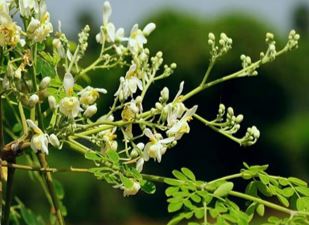Traditional herbal drugs - Commonly used in Snake bite Management - An Update
Keywords:
Snake bite, toxicology, folk medicine, traditional medicine, AyurvedaAbstract
Due to the advent of modern technologies and methodologies, the lineage of practitioners has been discontinued for the present and upcoming generations, as a result of which the ancient knowledge is at the verge of extinct. Thereby, resulting in loss of sacred ancient knowledge of Visha Chikitsa, which was formulated and passed on to several generations by our ancient researchers. As the folklore practitioners failed in documenting the theories due to illiteracy, modern era has failed in gaining the precious sacred knowledge. Need for documentation and setting a medical standard to these practices is high, to give a dignified touch to the practices. Herbal drugs are to be made available in the modernized capsule, tablets or powder form with more palatability, easy availability, and long shelf life. So that victims at any corner of the world can make the best use of it and attain the profit to the maximum extent. Resources for the preparation of medicaments are at the verge of extinct due to deforestation, natural calamities and modernized polluted environment. Government should take up the responsibility to nurture, promote and propagate the ideas and medications in order to make the best use of naturally available healing techniques.
Downloads
References
Krishnan Vij. Textbook of forensic medicine and toxicology principles and practice. 5th edition, 2011,p481.
Reddy KS Narayan, OP Murty. The Essentials of forensic medicine and toxicology. 2014,p561.
Datta K Animesh et al. Snake bite, Snake venom, anti venom and herbal antidote, International Journal of Research in Ayurveda and Pharmacy. 2011;2(4);1060-1067.
Maya devi C, Vasantha BM, Vijayan LA, Umashankar PR, Krishnan LK. A an improved for isolation of anti viper venom antibodies from chicken egg yolk. J Biochem Biophys Methods. 2002;51:129-138.
Payel Bhattacharjee. Characterization of the aqueous extract of the root of Aristolochia indica: Evaluation of its traditional use as an antidote for snake bites. 2012,p225.
S. John Premendran, K Kartik J Salwe, Swanand Patchak, Ranjana Brahmana, K Manimekalai. Anti cobra venom activity of plant Andrographis paniculata and its comparison with polyvalent anti snake venom. July 2011,198-204.
Akindele Oluwatosin Adeyi, Siji Babafemi Ajisebiola, Esther olubisi Adeyi, Chibuisi Gideon Alimba, Uchennaya Godwill Okorie. Antivenom activity of Moringa oleifera leaves against pathophysiological alterations, somatic mutation and biological activities of Naja nigericollis venom. 2020,p9.
Mahanta M, Mukherjee AK. Neutralization of lethality, myotoxicity and toxic enzymes of Naja kaouthia venom by Mimosa pudica root extracts. J Ethanopharmacol 2001;75:55-60.
Thulasi Sivaraman, NS Sreedevi. Anti toxin activity of aqueous extract of Cyclea peltate root against Naja naja venom. 2017,p4.
Pranay Soni, Surendra H Bodakhe. Antivenom potential of ethanolic extract of Cordia macleodii bark against Naja venom. 2014,S449-S454.















